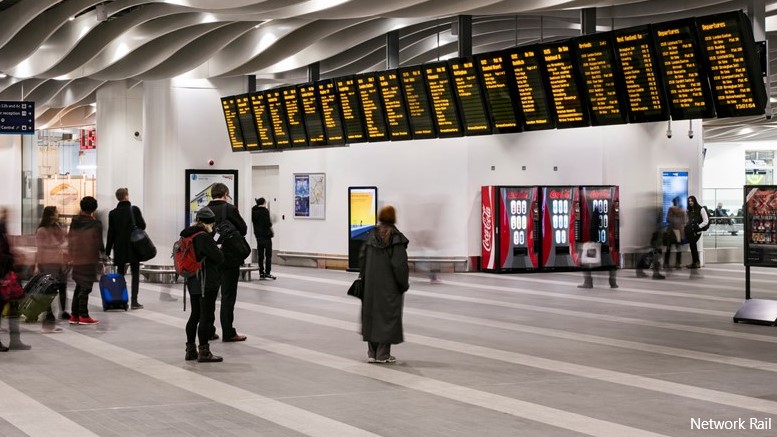
As train operators change their timetables to increase train services after the COVID-19 national lockdown, and then change them again in response to heightened local restrictions, rail regulator the Office of Rail and Road (ORR) has warned train operators that further action is needed to fulfil their obligations of providing passengers with adequate timetable information.
There is an agreed industry code that says timetables should be confirmed 12 weeks in advance of service, allowing passengers to plan ahead and to make informed choices on where and when to travel.
This is also a necessary step for people to buy cheaper advance tickets which are generally only available when timetables are confirmed.
However, timetables currently cannot always be confirmed so far ahead as usual, due to the impact of COVID-19, which means that timetables have been changed more often than usual. Although journey planners continue to show 12 weeks of timetables, not all the times are correct – with some changes only being shown a few weeks in advance.

While the ORR has discussed with Network Rail its plan to get back on track, finalising timetables 12 weeks in advance and is monitoring progress against this, the regulator recognises that this will take some time.
But, in the meantime, the ORR believes that train operators and independent rail retailers should do more to make it clear that information provided now may still change before travel. This will help them meet their obligations of providing appropriate, accurate and timely information, as set out in train operators’ licence conditions and by consumer law.
The regulator is reminding train operators and independent rail retailers that they need to bring clarity and consistency by ensuring:
- Clear warning messages are displayed on websites for people planning journeys or buying tickets ahead of the period where the timetable is confirmed;
- Should train times change for a ticket already bought, every effort should be made to contact the passenger to let them know and a refund offered if the new time is not acceptable;
- Availability of advance tickets is clear; and if they are not yet available, information on when they are likely to be released should be provided, along with the facility to register interest and to receive an alert when they go on sale;
- Jargon-free information is consistently used across all information sources such as website journey planners, ticketing outlets, apps and on National Rail Enquiries; and
- Extra effort is made to keep all travellers, whether regular or infrequent, well-informed on the impacts of planned engineering work, especially when this affects services at peak times.

ORR deputy director for consumers, Stephanie Tobyn, said: “With changes to timetables and travel advice happening more often than usual, the current pandemic has amplified just how vital it is for passengers to have consistent information which helps them plan and make journeys with confidence.
“We know it is a challenging time for train operators, but it remains as important as ever that operators are open with passengers about the difficulties faced.
“They need to update journey information frequently across all channels, so that there is ‘one version of the truth’, and provide clear information about the availability of advance tickets.”


Be the first to comment